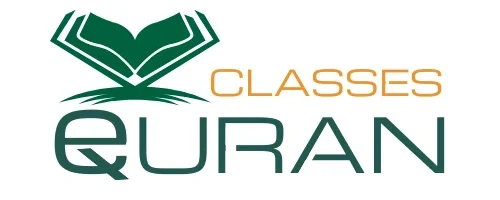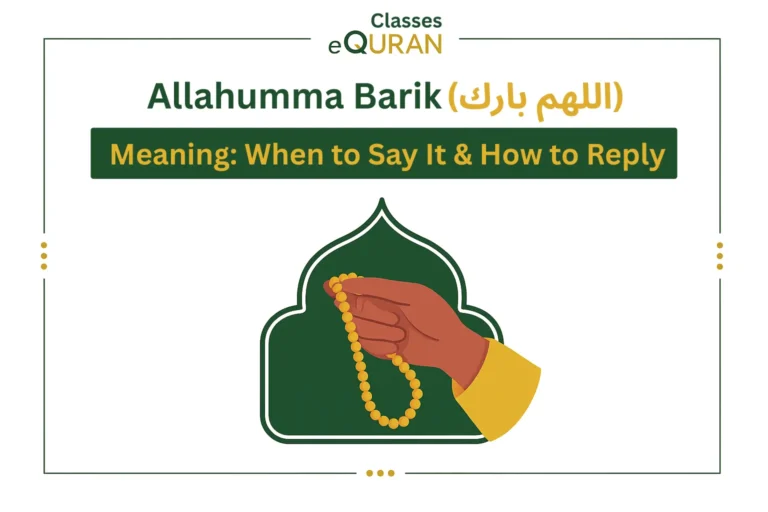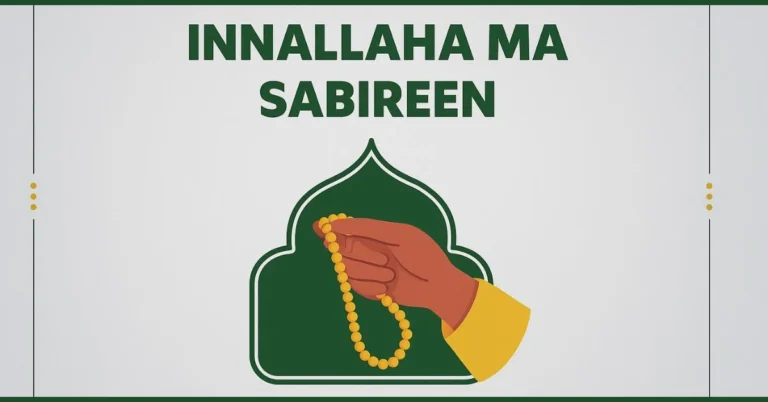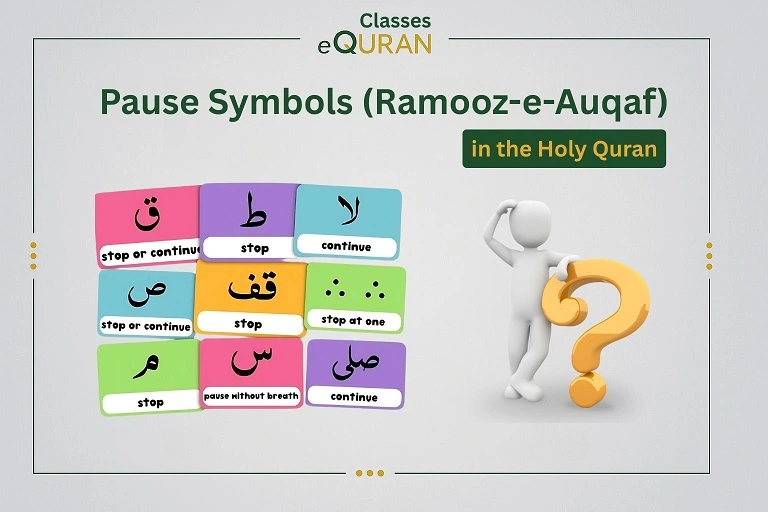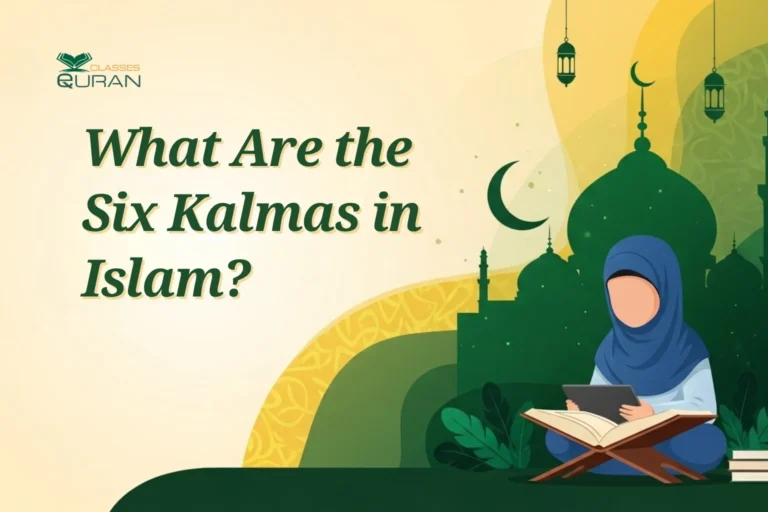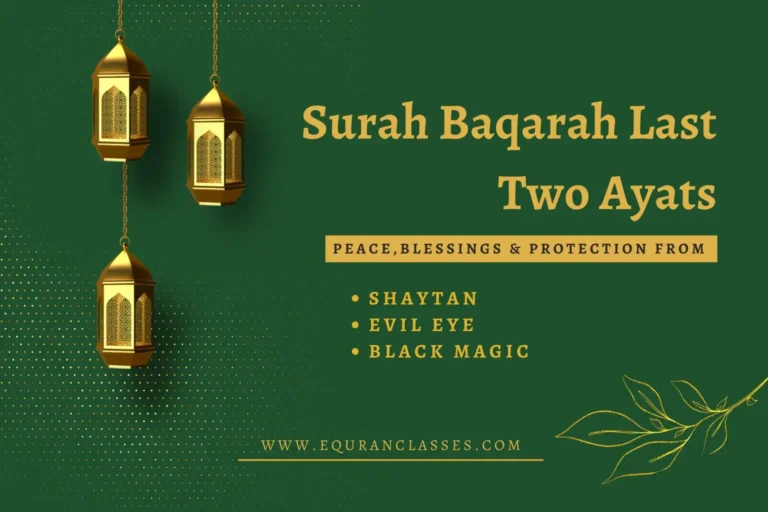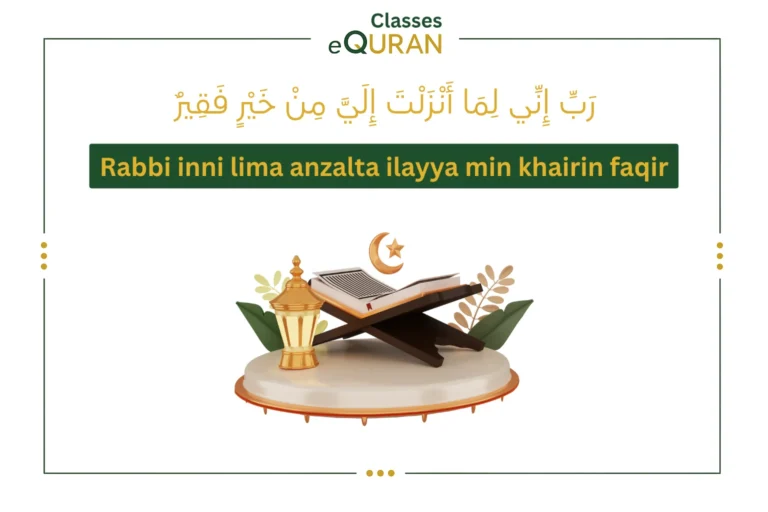Walaikum Assalam Meaning: A Complete Guide to the Islamic Greeting
Your ultimate resource to understand, pronounce, and embrace the peace of Walaikum Assalam with expert insights from our Online Quran Academy.

Introduction: The Power of Assalam u alaikum
Say “Assalam alaikum” and feel peace wash over you. This greeting, a dua, spreads love and blessings. Rooted in the Quran and Sunnah, it unites Muslims worldwide. New Muslims find connection through its warmth. Youth learn respect by saying it daily. Curious learners, even non-Muslims, discover its beauty. “Assalam o alaikum” means “upon you be peace.” It’s a Sunnah of Prophet Muhammad (PBUH).
Quran’s Al-Nisa 4:86 urges a kind response. Our guide teaches its meaning, pronunciation, and etiquette. You’ll master saying “Assalamualaikum Wa Rahmatullahi Wa Barakatuh” and other greetings like Rabbi inni lima anzalta, Allahumma Barik and Innallaha Ma’as Sabireen in Arabic. Explore its benefits and daily use. Join our Online Quran Academy’s free trial. Learn with certified scholars, fluent in English, Urdu, and Arabic. Start spreading salaam today!
What Does Walaikum Assalam Mean?
Walaikum Assalam means “And upon you be peace.” It answers “Assalamualaikum,” spreading blessings. This dua brings Muslims closer.
- Literal Translation: Walaikum Assalam is a reply, wishing peace back. It’s a heartfelt prayer.
- Extended Forms:
- Walaikum Assalam Wa Rahmatullahi adds mercy.
- Walaikum Assalam Wa Rahmatullahi Wa Barakatuh includes peace, mercy, and blessings.
- Arabic Text:
- وَعَلَيْكُمُ ٱلسَّلَامُ (Wa ʿalaykumu s-salam).
- وَعَلَيْكُمُ ٱلسَّلَامُ وَرَحْمَةُ ٱللَّٰهِ وَبَرَكَاتُهُ (Wa ʿalaykumu s-salam wa rahmatullahi wa barakatuh).
- Transliteration: Wa-alay-kum-us-sa-lam or Wa-alay-kum-us-sa-lam-wa-rah-ma-tul-lahi-wa-ba-ra-ka-tuh.
- Spiritual Significance: Salaam means peace and safety. It’s one of Allah’s names, As-Salam. This greeting, a Sunnah, spreads goodwill. Prophet Muhammad (PBUH) taught it (Sahih Muslim 54). Say it to share peace!
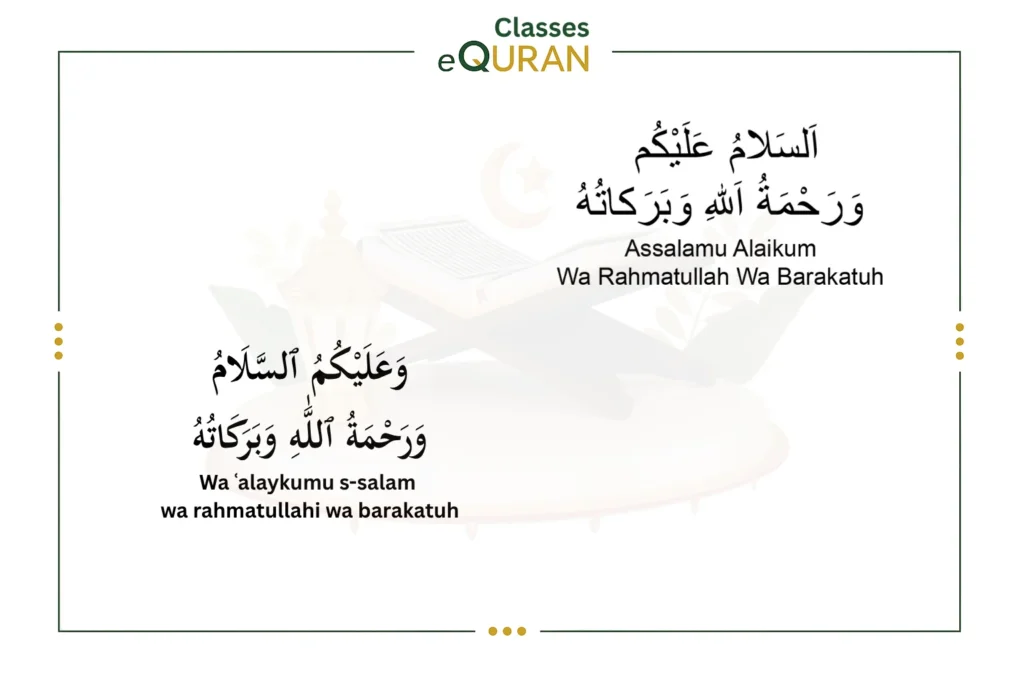
Pronunciation Guide: How to Say Walaikum Assalam Correctly
Master saying Walaikum Assalam like a pro! This greeting spreads peace. Our certified tutors guide you easily.
Tajweed Tips: Stress “salaam” gently. Pronounce “rahmatullahi” clearly, with soft “r.” Use Makharij for correct articulation.
Interactive Tool: Try our audio clip. Take our 5-question quiz: “Which syllable stresses ‘salaam’?” Practice now!
Video Tutorial: Watch our 1-minute clip. A native Arabic tutor demonstrates short and full greetings, including Walaikum Assalam Wa Rahmatullahi Wa Barakatuh.
- Common Mistakes: Don’t rush “rahmatullahi.” Avoid over-stressing “salaam.” Slow down for clarity.
Variations of the Greeting
Walaikum Assalam comes in different forms. Each spreads peace and blessings. Choose the right one for every moment!
- Short Form: Walaikum Assalam means “Peace be upon you.” It’s quick and warm.
- Extended Forms:
- Walaikum Assalam Wa Rahmatullahi adds “mercy.” It deepens the dua.
- Walaikum Assalam Wa Rahmatullahi Wa Barakatuh includes “peace, mercy, and blessings.” It’s a full prayer.
- When to Use: Say “short form” in casual chats. Use the full form in mosques or formal events. The Quran encourages better greetings (Al-Nisa 4:86).
- Multilingual Translations:
- Urdu: وعليكم السلام ورحمتہ اللہ وبرکاتہ (Waalaikumsalam Warahmatullahi Wa Barakatuh).
- Malay: Waalaikumussalam Warahmatullahi Wabarokatuh.
- Bengali: ওয়া আলাইকুমুস সালাম ওয়া রাহমাতুল্লাহি ওয়া বারাকাতুহ.
- Turkish: Ve Aleyküm Selam ve Rahmetullahi ve Berekâtühü.
Islamic Rules and Etiquette for Salaam (Fiqh)
Spread peace with Walaikum Assalam correctly! Follow Islamic rules to honor this Sunnah.
- When to Say Salaam:
- Greet when arriving at gatherings. Say salaam when leaving, too (Sunan Abi Dawud, 5208).
- Greet upon entering homes. It brings blessings (Quran, Al-Noor 24:61).
- Who Initiates Salaam:
- Riders greet walkers. Walkers greet sitters (Sahih al-Bukhari, 6234; Sahih Muslim, 2160).
- Younger people greet elders. It shows respect (Sunan Abu Dawud, 5198).
- Smaller groups greet larger ones. Prophet Muhammad (PBUH) taught this.
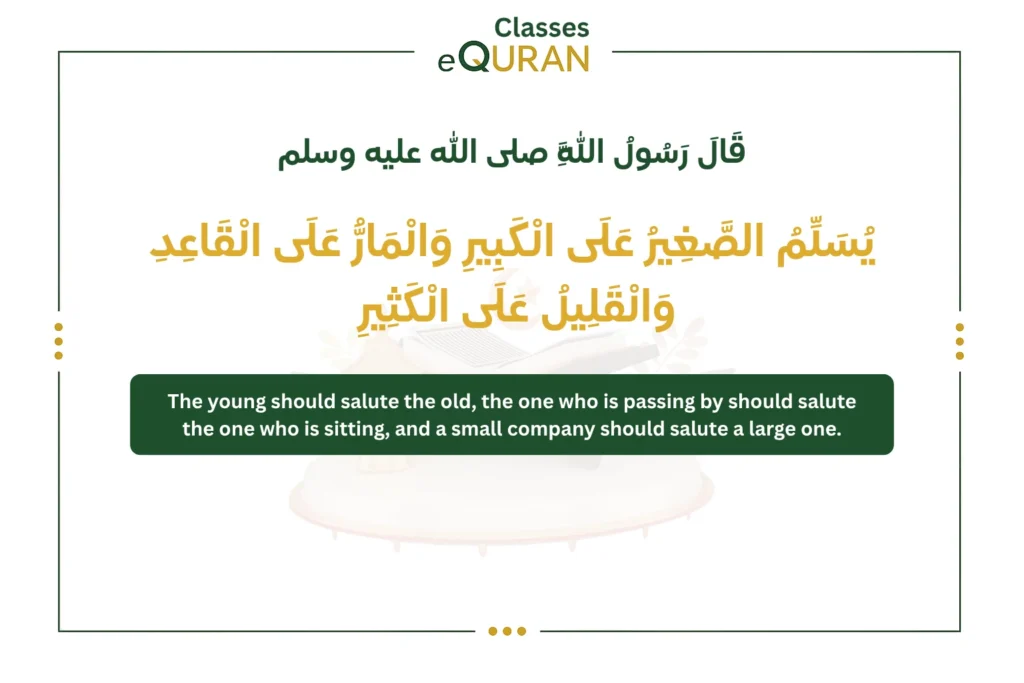
- Responding to Salaam:
- Reply with Walaikum Assalam or better. The Quran urges kindness (Al-Nisa 4:86).
- Say it clearly. Spread mercy and goodwill.
- Non-Muslims and Salaam:
- Reply “Wa ‘alaykum” to Christians or Jews (Sahih al-Bukhari, 6258; Hisn al-Muslim, 227).
- Don’t start salaam with non-Muslims. Some scholars disagree (Sahih Muslim, 2167a).
- Cultural Nuances:
- The Middle East uses a formal tone. South Asia adds warm gestures.
- Urdu speakers say “Waalaikumsalam Warahmatullahi Wa Barakatuh” often.
Quranic and Hadith Significance
Walaikum Assalam carries deep meaning. The Quran and Hadith show their power. Say it to spread peace and blessings!
- Quranic Guidance:
- Al-Nisa 4:86 says reply with an equal or better greeting. Walaikum Assalam fulfills this.
- Al-Noor 24:61 urges greeting homes with Assalamualaikum. It invites Allah’s blessings.
- Zumar 39:73 reveals Jannah’s keepers say “Salaamun Alaikum.” Salaam mirrors paradise.
- Hadith Insights:
- Spreading salaam builds love among Muslims (Sahih Muslim 54).
- Prophet Muhammad (PBUH) urged starting and answering salaam (Sunan Abu Dawud, 5197).
- Say Walaikum Assalam Wa Rahmatullahi Wa Barakatuh for more rewards.
- Spiritual Rewards:
- Salaam cleanses your soul. It earns forgiveness.
- This dua spreads Allah’s mercy. It strengthens faith.
Historical and Linguistic Roots
Walaikum Assalam has ancient roots. Its words carry deep meaning. Discover how this greeting became a Muslim tradition!
- Pre-Islamic Origins: Salaam connects to Hebrew “Shalom Aleichem.” Both mean “Peace be upon you.”
- Islamic Evolution: Prophet Muhammad (PBUH) made salaam a Sunnah. He taught peace through greetings (Sahih Muslim 54).
- Linguistic Breakdown:
- Salaam: means peace and safety. It’s Allah’s name, As-Salam (Quran, Al-Hashr 59:23).
- Rahmatullahi: Means Allah’s mercy. It blesses the listener.
- Barakatuh: Means blessings. It spreads goodness.
Walaikum Assalam Wa Rahmatullahi Wa Barakatuh shares peace, mercy, and blessings globally. Learn it with our Quran tutors!
Benefits of Saying Walaikum Assalam
Walaikum Assalam spreads peace and love. This dua blesses you and others. Feel its power every day!
- Spiritual Benefits:
- Follows Prophet Muhammad’s (PBUH) Sunnah. It honors Allah’s way (Sahih Muslim 54).
- Cleanses your soul. Earns Allah’s forgiveness.
- Social Benefits:
- Builds a peaceful, friendly space. Salaam welcomes everyone.
- Strengthens Muslim bonds. Shares goodwill daily (Sunan Abu Dawud, 5197).
- Emotional Benefits:
- Calms your heart. Promotes respect in talks.
- Mirrors Jannah’s greeting. Uplifts your spirit (Quran, Zumar 39:73).
Say Walaikum Assalam Wa Rahmatullahi Wa Barakatuh for more blessings.
How to Use Walaikum Assalam in Daily Life
Make Walaikum Assalam part of your day! Share peace with this dua. Our Quran teachers show you how.
- Responding to Assalamualaikum:
- Reply fast with Walaikum Assalam. Be sincere.
- Match or top the greeting for blessings.
- Real-Life Scenarios:
- Greet friends at the mosque. Say Walaikum Assalam to family.
- Welcome strangers in community events. It spreads love.
- Start work emails with Assalamualaikum. Reply with Walaikum Assalam.
- Join interfaith talks. Share salaam to build understanding.
- Regional Practices:
- Pakistan: Urdu speakers say “Waalaikumsalam Warahmatullahi Wa Barakatuh” warmly.
- Malaysia: Malays use “Waalaikumussalam” in daily chats.
- Middle East: Arabic speakers add formal gestures.
- Non-Muslims’ Guide:
- Say “Wa ‘alaykum” respectfully to Muslims (Sahih al-Bukhari, 6258).
- Learn full Walaikum Assalam to show care. It’s easy!
Why Learn with Our Online Quran Academy?
Our academy makes learning the Quran and greetings. Start spreading peace now!
- Expert Tutors: Certified scholars teach you. They have 10+ years’ experience.
- Global Accessibility: Take 24/7 classes. Join from the USA, the UK, Pakistan, or anywhere.
- Multilingual Support: Tutors speak English, Urdu and Arabic. Learn comfortably.
Frequently Asked Questions (FAQs)
Got questions about Walaikum Assalam? Find clear answers here.
